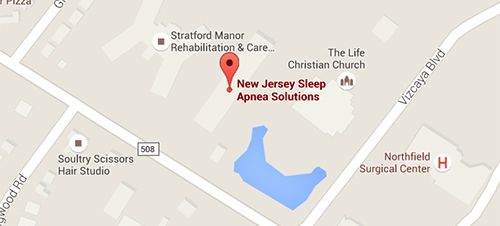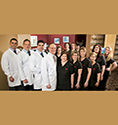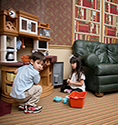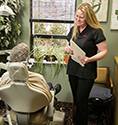Does Stress Aggravate Sleep Apnea?
Submitted by New Jersey Snoring Solutions on Sat 12/19/2020 - 09:00
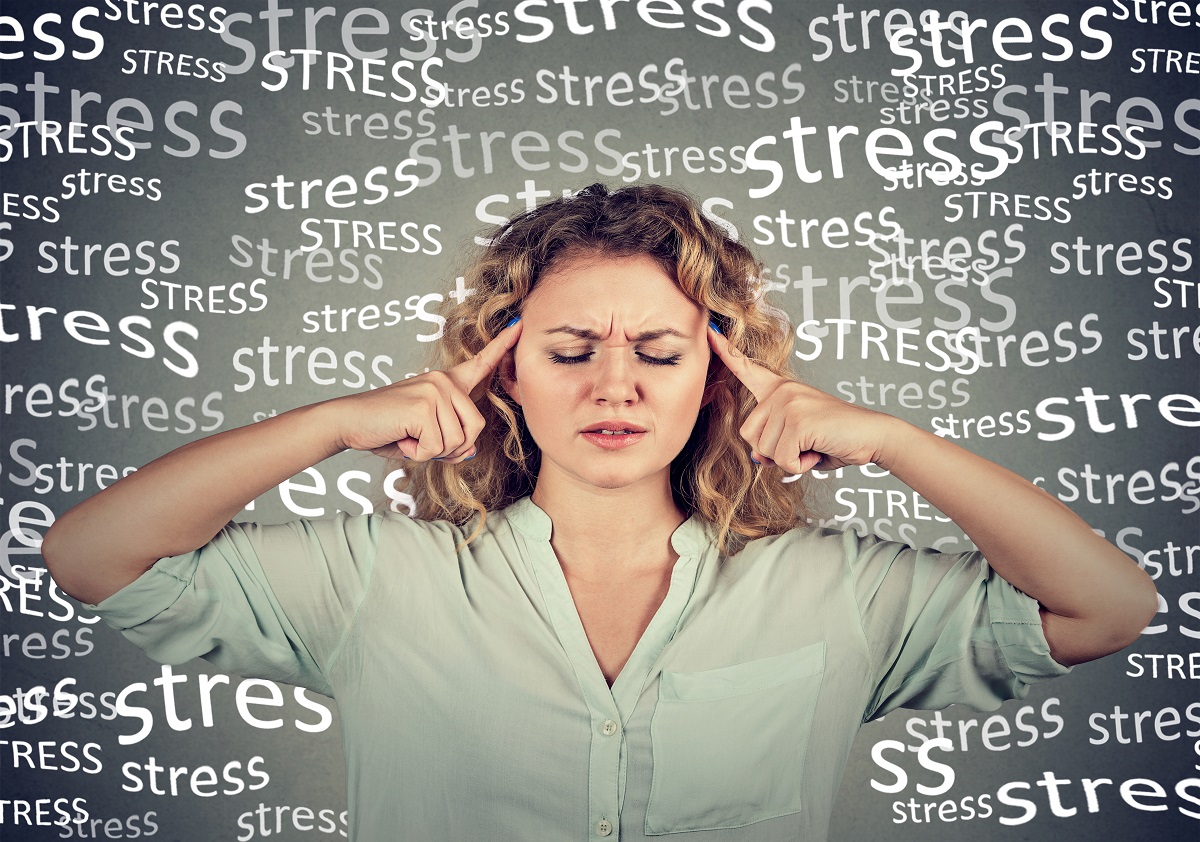
Sleep and mental health are closely intertwined. When we don’t get enough sleep, our mood and outlook can be affected; and when we are coping with mental health issues, it is often more difficult to fall asleep and stay asleep.
In the case of stress and obstructive sleep apnea, experts believe there is a connection. Many people with sleep apnea also have elevated stress or anxiety levels. But according to Dr. Ivan Stein of New Jersey Sleep Apnea Solutions, it isn’t a straightforward cause-and-effect relationship. The dynamics are more complex, and the connection varies from person to person.
To learn more about the connection between stress and sleep apnea, read on.
The Link Between Stress and Sleep Apnea
Obstructive sleep apnea occurs because of anatomical abnormalities in the airway structures. During sleep, the soft tissues of the palate and tongue relax, partially or completely blocking the normal flow of air and causing breathing cessations.
Simply being stressed does not alter the anatomy of the airway, and will not lead to sleep apnea. However, some of the ways that we tend to cope with stress can increase the risk of sleep apnea or make sleep apnea worse.
For instance, during stressful periods of life, many people are tempted to self-medicate with alcohol or sleeping pills. Drinking can actually make sleep apnea worse by relaxing the muscles in the throat (which makes it more likely that the upper airway collapses). Sleeping pills and muscle relaxers have a similarly negative effect.
Another common way of coping with stress is to increase consumption of “comfort foods,” which are often high in fat, sugar or both. This is part of our bodies’ natural wiring: stress triggers the production of cortisol, a hormone that causes cravings for sugary, salty or fatty foods. But overeating or eating foods that are low in nutritional value can lead to weight gain, and weight gain can have a deleterious effect on sleep apnea. Gaining weight when the airway is already narrow can make it worse.
Dr. Stein urges you to resist self-medicating or overeating during stressful times. Instead, try other natural ways to manage stress such as practicing yoga, meditation or deep breathing exercises. And even in times of stress or uncertainty, make healthy eating and regular exercise a priority.
When Sleep Apnea Leads To Stress
Sometimes undiagnosed or untreated sleep apnea leads to stress or anxiety. It can be nerve-wracking to experience symptoms of sleep apnea (e.g., excessive daytime drowsiness, morning headaches, memory problems) and not know why. A sleep apnea diagnosis can send you into a tailspin of stress until you get treatment.
Dr. Stein and the team at New Jersey Sleep Apnea Solutions are here to give you the answers and solutions you need. With our help, we will address your sleep apnea and put you on the path to a good night’s rest and optimal health. For more information about the diagnosis or treatment of sleep apnea, please contact our practice today.

